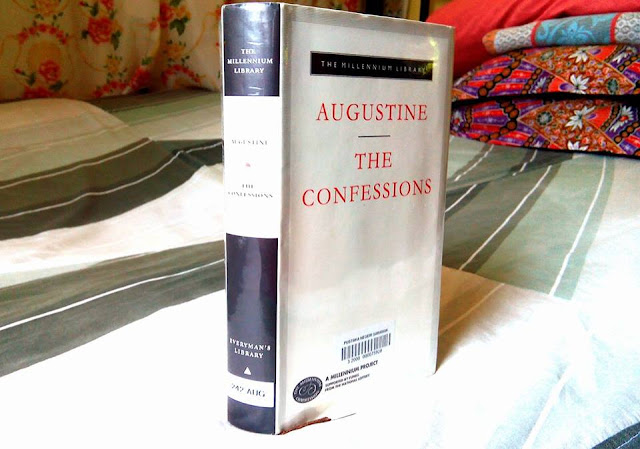“Many people in Laos have become believers because they were healed or
because they have seen other people get healed. I barely need to go out and
evangelise because people come to me for healing or to hear more about Jesus,”
says Beun* (name change for security reason), a believer in Laos with an
incredible healing ministry – he’s the man pictured above with the notebook,
although we can’t show his face for security reasons. Not everyone in his
community has been happy about Beun’s work sharing the gospel.
Beun became a Christian
after he met Christians who cared for his dying brother. “When I heard that Jesus is the King of Kings, and when I heard that
Jesus is love, I immediately decided to follow Him, even though this was the
first time I had ever heard about Jesus,” Beun says. Later, when his wife
became ill, he took her to meet those same Christians, who prayed for her
healing. She was healed, and also decided to become a Christian.
Been then began to pray
for healing for others. On one occasion, Beun
prayed for a man with a brain tumour. He had suffered with pain in his head for
eight years, and had visited several hospitals and doctors, but everyone told
him the same thing: they couldn’t help him. He had advanced cancer, and not much
time left to live. “I do not want to die,
can you help me?” he asked Beun. Beun told him that there is just one
person that could help him, and that he needed to accept Christ. They prayed
together, and then Beun told him to go home. One week later, all the pain in
the man’s head was gone and he was healed. To this day he is a follower of
Jesus, and the pain has never returned.
However, Beun has also
experienced persecution because of his ministry. The government of Laos sees
Christianity as a Western religion, and Christians are seen as enemies of the
state. Local authorities wanted to capture Beun, so they posted photographs of
him in the region and asked people to contact the police if they saw him. Last
year, Beun was sentenced to five months in prison. The prison cell was very
small and 22 people, including Beun, shared a room of just four square meters.
Beun says. “But even when I was arrested,
I felt that it was a part of God’s plan.” His neighbours have also been
unhappy about Beun sharing his faith with others. Beun’s animals were attacked.
“Someone poisoned my chickens. They all
died. A week later someone shot my buffalo.”
Along with several other
pastors and leaders in the area, Beun and other Christians travel to distribute
Bibles, teach and hold worship meetings in other villages. His new house is
also going to be used to train others. “We
are going to teach young pastors to grow mushrooms, while at the same time they
receive training in the Word of God. Then they can become self-sufficient while
sharing Christ with others,” he says.
Pray now:
§ That God would continue to work through Beun to bring
healing and the good news of the gospel to many
§ For protection and provision for Beun and other
believers in Laos.
THINK BIG.
START SMALL. GO DEEP.





























